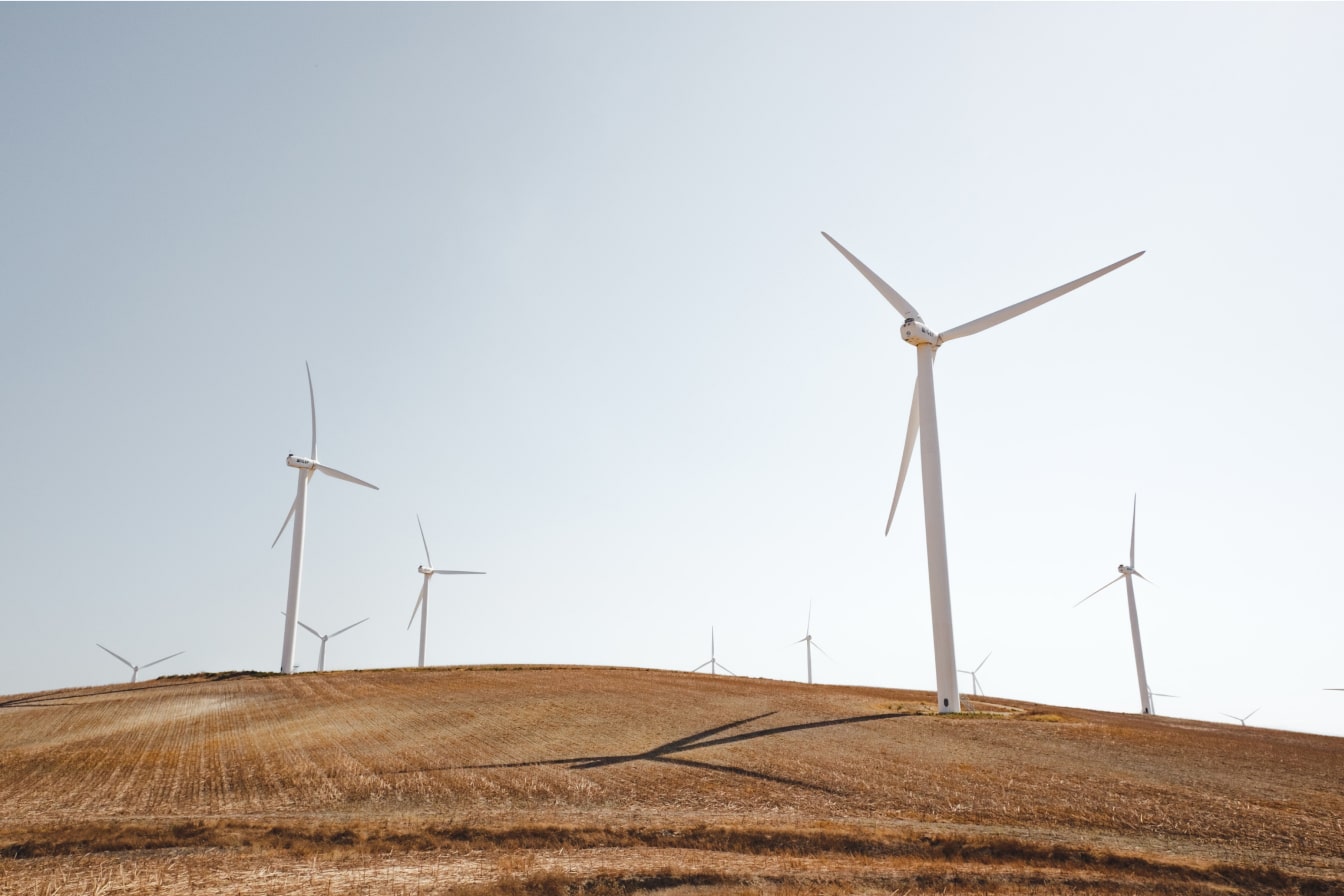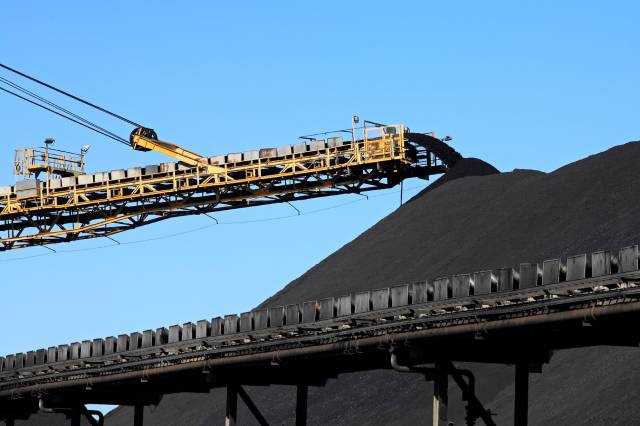Why do we invest in banks?
We apply a rigorous ethical screening process to all our investments, including the banks. We actively seek out companies that positively impact the planet, people and animals. And on the flipside, we seek to restrict+ investments that cause unnecessary harm.
Can banks be good for society?
Bank bashing is a national sport, and with good reason. The banks do deserve criticism on many fronts, including for far-too-frequent incidents of irresponsible lending, unconscionable fees, poor financial advice and transaction reporting failures. Banks have also lent money to high-emissions companies and projects that contribute to climate change.
But despite their shortcomings, responsible and well-regulated banks can do good. They enable people to open businesses and buy homes, helping them to get ahead in their lives. They provide financing for innovations that can help society at large. And when it comes to climate change, bank lending can be a critical lever in the transition to more sustainable energy.

We need big banks to fund renewables
The path to net zero by 2050 requires low-carbon investments to rise from $900 billion in 2020 to $5 trillion annually by 20301, according to the IMF.
Banks have a unique point of leverage to influence the economy to transition and reduce real-word emissions, both for the benefit of the Australian economy and to help avoid the worst effects of climate change.
Small banks simply can’t do this alone. We need big banks to facilitate the massive shifts of capital necessary to combat climate change by funding large-scale renewables projects.
In addition, banks can also exercise their leverage by only providing new loans to companies that have a credible, science-based energy transition plan in place.

How we assess the banks
Assessing the finance sector against our Ethical Charter can be challenging. To guide us, we use a climate scorecard that assesses lending to:
- The fossil fuel sector, including the type of fuel and its emissions intensity;
- Renewable energy and energy storage; and
- Technologies and activities which reduce energy usage or store carbon (eg, green buildings, low-emissions transport and reforestation).
For each of these climate scorecard categories, we look at a bank’s current lending, historical trends and lending targets.
We also consider the banks’ support for government climate policy aligned with the Paris Agreement – both directly and indirectly through participation in industry associations.
Which banks do we invest in?
As stewards of capital, we will only invest in large banks where we have assessed they have aligned their institutional lending to the Paris Agreement.
On that basis we currently exclude ANZ from our portfolios as ANZ does not meet these criteria.
We have recently added Commonwealth Bank to our investible universe – this is the first time we have has CBA included in our investing universe for 15 years. This assessment reflects our view that Australia’s largest bank, by market capitalisation and lending book size, is taking a leadership role in relation to its climate policies and lending practices.
When comparing Australian Big Four banks to their global peers2, the three that Australian Ethical is now able to invest in are among the world leaders in putting in place policies that restrict the support they offer to expansionary fossil fuel projects.
We already invest in Westpac and NAB. Westpac is the largest financier to greenfield renewable energy projects in Australia, committing over $10 billion in capital to climate change solutions in the last 5 years. More than 80% of Westpac’s lending to the electricity sector goes to renewable projects3 (up from 71% three years ago) and for NAB the figure is 73% (up from 43% in 2015)4.
Ongoing engagement with the banks
Our involvement and analysis of the banks doesn’t simply end once we’ve invested. Through ethical stewardship, we continue to use our position to influence banks to stop being harmful accelerants to the climate crisis and redirect their financial power to support climate solutions.
While we’ve seen significant progress from Westpac and NAB, there are areas they need to do better.
For example, while both Westpac and NAB have made commitments to require certain customers in the gas sector to have a transition plan in place by late 2025, they have been vague about critical details of those requirements.
In response, we have called for more disclosure to ensure the banks expect customers to have transition pathways that are science-based, aligned with the Paris Agreement, and include scope 3 emissions.
We are also calling on the banks to assess the authenticity of customer transition plans by looking at whether a customer is aligning its capital expenditure with the transition and to consider if customers are lobbying to slow down the transition.
In our view, the banks can’t give latitude to customers that fail to introduce transition plans within the stipulated timeframe and continue to invest in high emission activities.
Time is up
Climate change presents system-level risks to the continuing good health of the planet and society on which all investment returns depend.
Accelerating the transition to net zero carbon is an urgent priority and is in the financial best interests of the economy as a whole.
We will continue focusing our efforts on bank financing because as an investor this is where we believe we have the most influence turning off fossil fuel financing.
Find out more about our vision to create a better world where money is a force for good.



